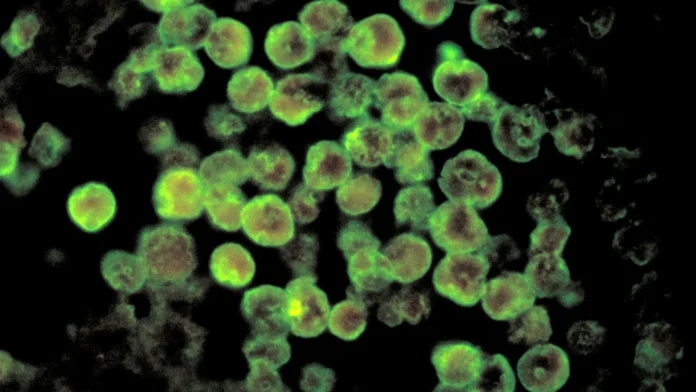In 2025, South India, particularly Kerala, has witnessed cases of Primary Amoebic Meningoencephalitis (PAM), commonly known as the “brain-eating amoeba” infection. This disease is caused by the free-living amoeba Naegleria fowleri.
What Is Primary Amoebic Meningoencephalitis (PAM)?
PAM is a brain infection that occurs when Naegleria fowleri enters the body through the nose, while doing activities like swimming in lakes, rivers, or poorly maintained swimming pools. Once inside, the amoeba travels to the brain, leading to fatal inflammation.
There are only 20 documented survivors worldwide till date.
Current Situation in Kerala
As of September 2025, Kerala has reported approximately 69 confirmed cases of PAM, resulting in 19 deaths. The state has seen a significant increase in cases compared to previous years, with 24 cases and 9 deaths reported in September alone South China Morning Post.
The infections is being affecting individuals of all ages. Notably, a three-month-old baby was among the recent fatalities.
Prevention and Public Awareness
In response to the outbreak, Mahatma Gandhi University in Kottayam has launched a state-of-the-art water testing facility to detect amoebic meningoencephalitis, aiming to provide early warnings and prevent further infections.
Health experts advise the public to avoid swimming in natural freshwater bodies, especially during warmer months, and to use sterile water for nasal irrigation. Additionally, maintaining proper chlorination in swimming pools is crucial to prevent contamination.
Ongoing Research and Future Outlook
Researchers continue to study Naegleria fowleri to understand its behavior and develop effective treatments. The establishment of specialized diagnostic centers and increased public awareness are vital steps in controlling the spread of this deadly infection.
For residents of South India, staying informed about local water quality and adhering to health advisories can significantly reduce the risk of contracting PAM.
